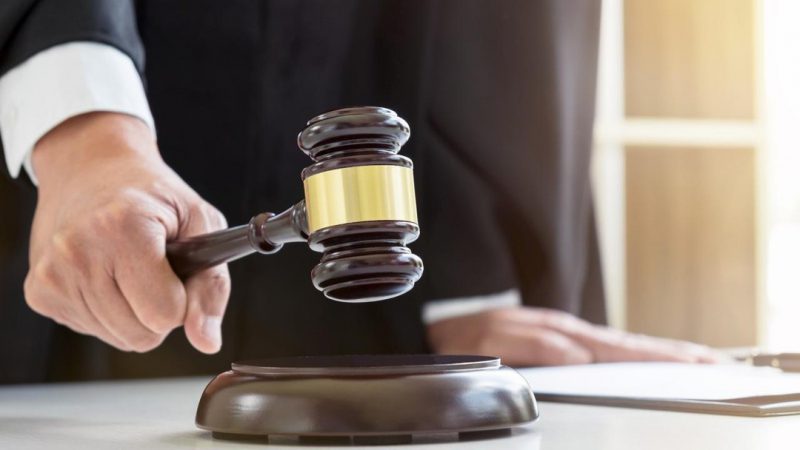On Thursday, The U.S. District Court for the Southern District of New York penalized the co-founders of cryptocurrency exchange platform BitMEX Arthur Hayes, Benjamin Delo, and Samuel Reed, and ordered them to pay a combined fine of $30 Million for violating money-laundering laws.
The development comes a little over a month after co-founders Arthur Hayes and Benjamin Delo confessed that they failed to establish an anti-money-laundering program at BitMEX and pleaded guilty to anti-money laundering violations. Under his plea agreement, Hayes could serve up to 12 months behind bars but the government is yet to finalize terms on his sentencing recommendation.
The recent $30 Million fine was concurrent with the filing of a CFTC complaint which alleged the co-founders failed to detect or prevent BitMEX’s unlawful conduct. The U.S. Attorney’s Office for the Southern District of New York indicted Hayes, Delo, Reed, and one other individual on charges of willfully causing BitMEX to violate the Bank Secrecy Act and conspiracy to commit that same offense.
Background – BitMEX 2020 probe followed by fine
The probe into BitMEX first came to light in 2020 after the CFTC and the Department of Justice claimed the exchange and its founders were engaging in illegal trades. A statement by the CFTC read that BitMEX was “unlawfully accepting orders and funds from U.S. customers to trade cryptocurrencies, including derivatives on bitcoin, ether, and Litecoin,” In August 2021, BitMEX agreed to pay $100 Million in settlements to the CFTC and the Financial Crimes Enforcement Network in conjunction with the charges.
Here’s what the CFTC Commissioner said
After the consent orders for the $30 Million fine were laid out by the court, Commodity Futures Trading Commission (CFTC) Commissioner Caroline D. Pham said “By enforcing individual accountability for registration, market conduct, and anti-money laundering rules—fundamental aspects of the U.S. regulatory framework—the CFTC is ensuring that BitMEX’s management is held responsible after last year’s $100 million dollar settlement with corporate defendants”





